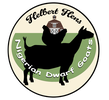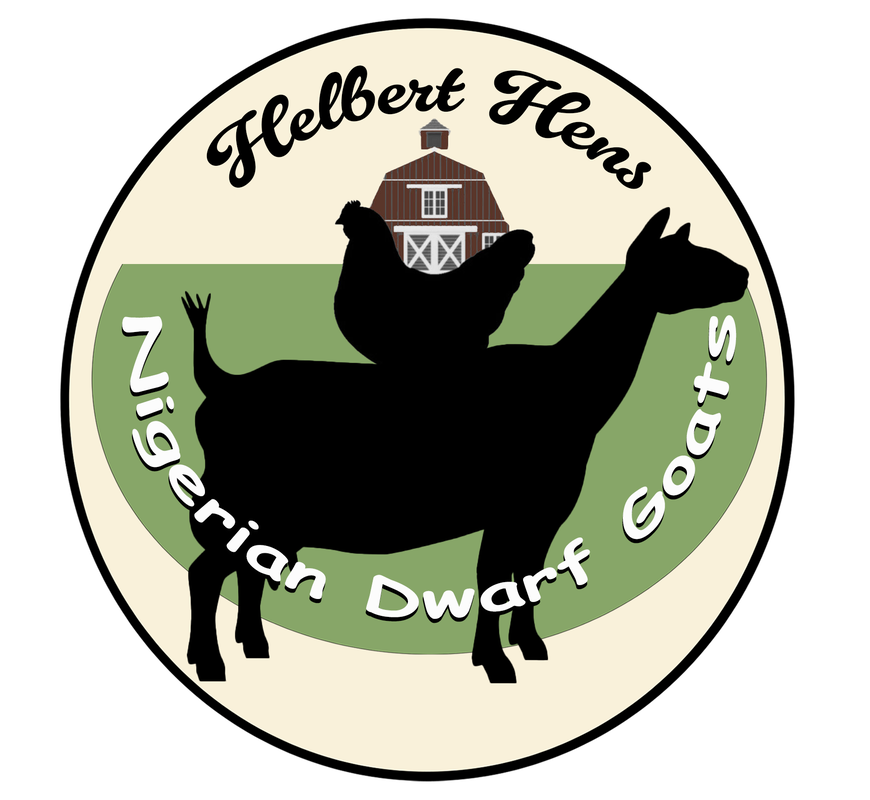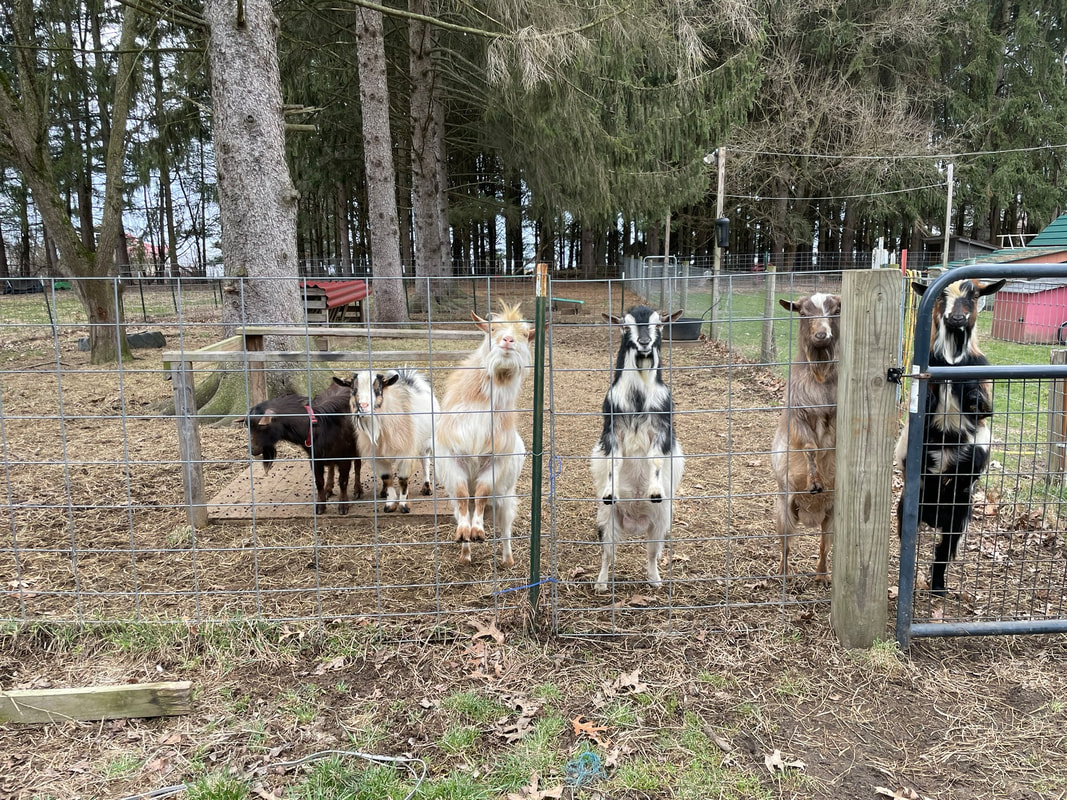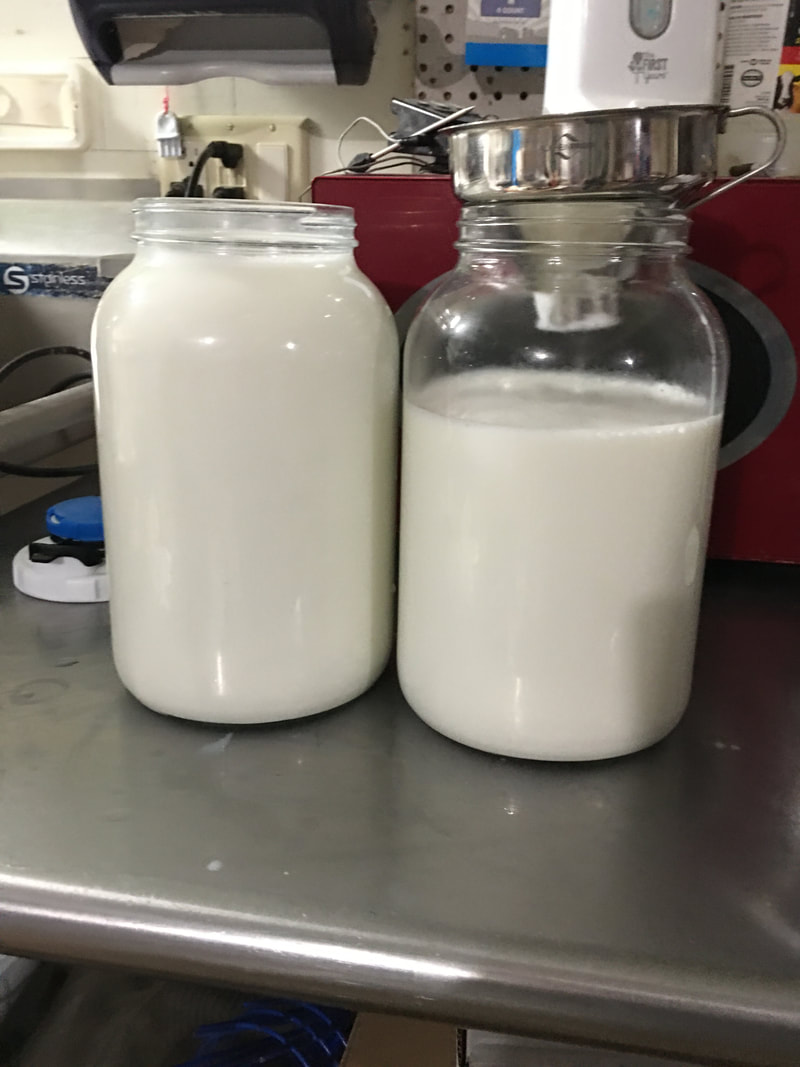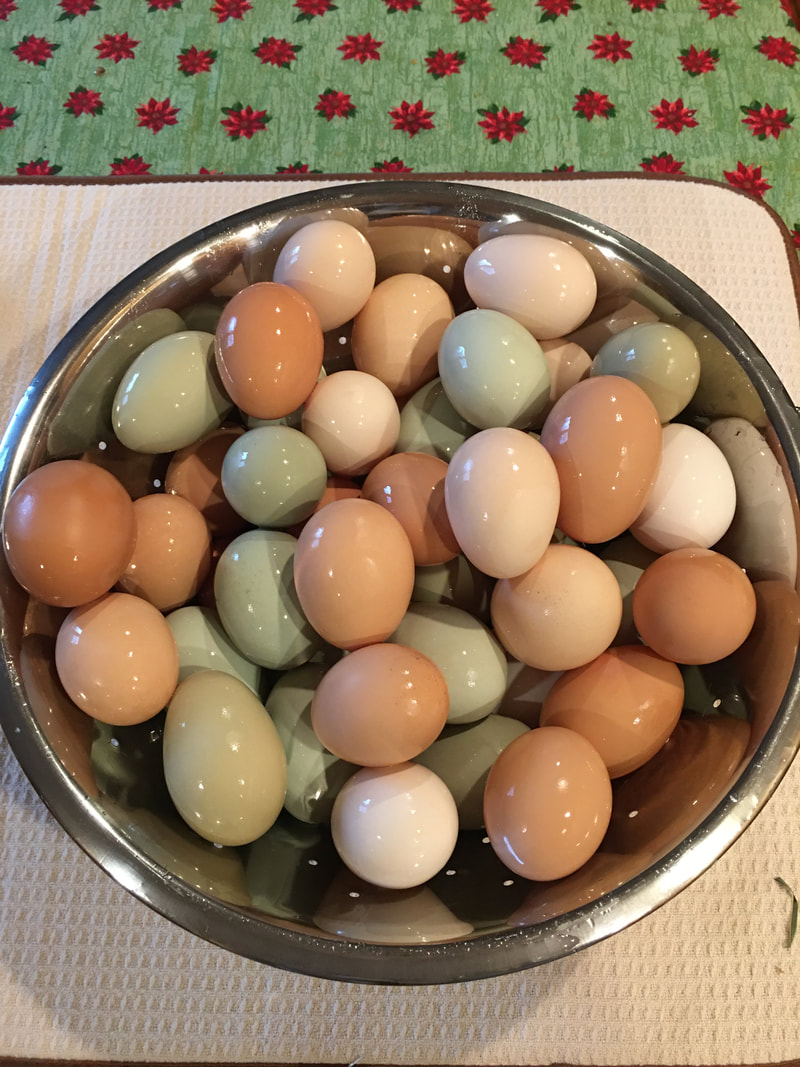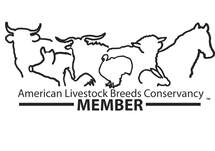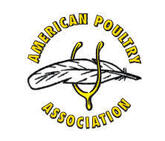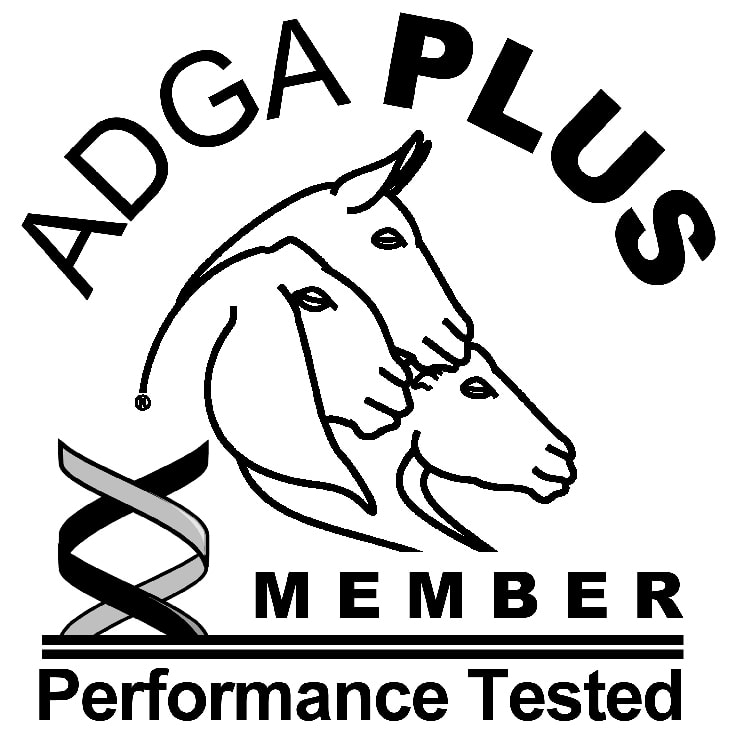|
2024 Kid Counter:
*B Bucks: 2 Available: 0 Does: 25 Available: 5 Wethers: 30 Available: 7 !!!!!!!!!!!!NEW!!!!!!!!!!!!
Baby pics and prices listed now on 2024 Nigerian Dwarf Kids for Sale page. |
Welcome to Helbert Hens!
Four girls on the December 2023 ADGA Elite list. Lippy, Lyla, Felicity and of course Summer.
With Cookie now joining her sisters qualifying for ADGA milk stars in all three categories Pipzy Farms Orions Belt qualifies for his +B. ADGA has this program on its roadmap to be implemented in the NG software in 2024 so I am very excited to have all the does and bucks caught up with production awards. For now I will just put pending beside the animals that have qualified but are not officially showing in the NG software. Pending by their name does not mean they are pending sale. :)
Big change out in bucks here. We say goodbye to Jake, Smooth, Luminere, and Big Chuck. We say welcome to Better Wayz Time Traveler and Grace N Grit L Billybutcherson. Pics coming your way soon.
Helbert Hens
Where it's great to be a big chicken.
When I started breeding poultry I made the mistake of trying to breed too many breeds and too many varieties. I just wanted them all. In fact you might say I was obsessed with the beauty and personalities of each breed. There came a point where I had to sit down and decide why I wanted chickens and what I hoped to accomplish in a breeding plan. Over the years some of my favorite breeds have not been sustainable due to the cold and seemingly never ending Ohio winters. I found that keeping the breeds in separate coops was great for containing illness and keeping family groups ranging and socializing together however very difficult to maintain even with a well implemented winter husbandry plan. Some breeds lost favor and didn't flourish because they would not free range but preferred to stay in their runs and eat feed all day. They might have been happy but I was having to clean those pens and fill feeders twice as often which made me very unhappy.
To make a long story short, I decided to limit the breeds/varieties we raised. The English Jubilee Orpington worked well for us as they are big beautiful friendly birds that are cold hardy and easy to keep. Even with the limited lighting in winter we still get some eggs. I also chose the Delaware because of their cold hardness and the great flavors of their meat. The Delawares are friendly and bold and one of my best layers of large light brown eggs year around.
To make a long story short, I decided to limit the breeds/varieties we raised. The English Jubilee Orpington worked well for us as they are big beautiful friendly birds that are cold hardy and easy to keep. Even with the limited lighting in winter we still get some eggs. I also chose the Delaware because of their cold hardness and the great flavors of their meat. The Delawares are friendly and bold and one of my best layers of large light brown eggs year around.
